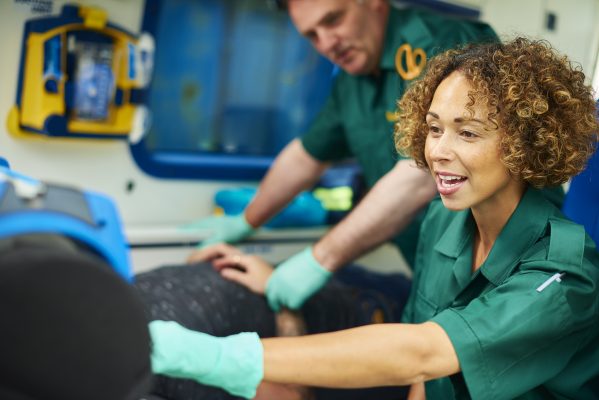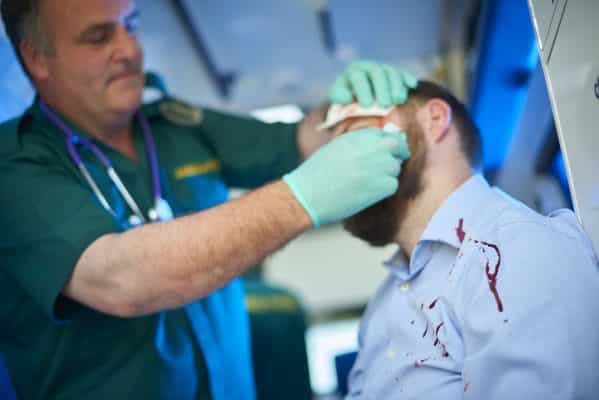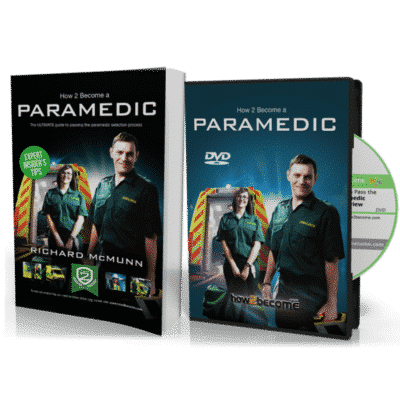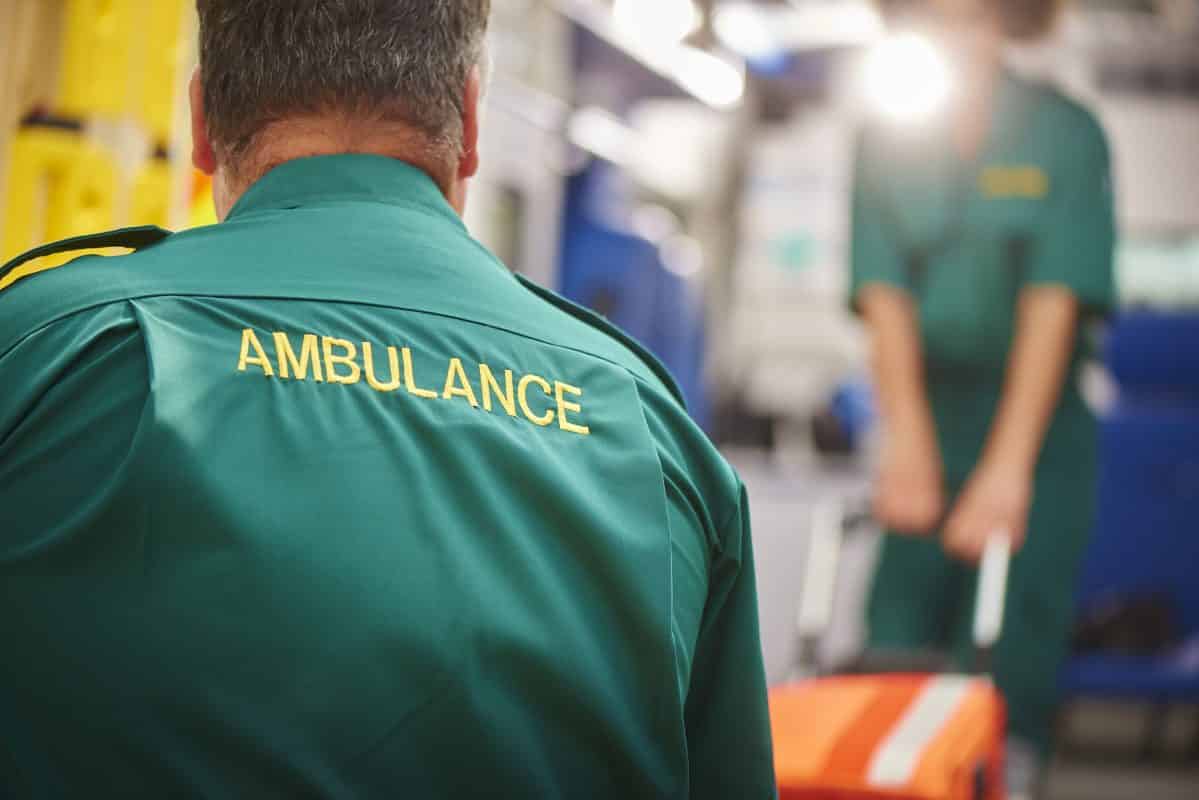Working as a paramedic is an exciting and rewarding career. It is one of the most challenging roles available, and you will be placed in situations that are emotionally straining, and require you to demonstrate resilience and fortitude. In this blog, we’ll look at the student paramedic training process, so that you can get some idea of what is required of candidates before they become qualified paramedics.
The Student Paramedic Training Course
If you are a student, you’ll train to be a paramedic over five years. Your training will be split into modules and combine lessons with practical placements and workshops, so knowledge gained in the classroom can be put into practice on the road.
The course covers everything from driving an ambulance to advanced patient assessments. Successful candidates will complete an introductory course of nine weeks, which includes three weeks’ driver training. During this time you will cover the theoretical and practical skills elements which will allow you to undertake duties on an emergency ambulance with a paramedic.
Once candidates have successfully completed their consolidation period, they will work alongside a paramedic as a paramedic apprentice – working 37.5 hours per week averaged over a 12-week rota, covering 24 hours, seven days per week, 365 days per year.
Apprentices will complete a Foundation Year (year 0) during which they will be required to complete an access to study module, as well as ongoing assessments in practice of their clinical and communication skills and attitudes and behaviours. Those who successfully reach the standards required in practice, and complete the access module, will be registered for the Foundation Degree in Paramedic Science in September/October.

Student Paramedic Training Foundation Degree
The Student paramedic training Foundation Degree runs over a four-year period, on a part-time basis. This is mainly on a distance study mode with clinical placements to consolidate learning and develop specific practice competencies; clinical placements will take place in both an ambulance and non-ambulance context.
Students should be aware that the course equates to 240 academic credits – 120 at level 4 and 120 at level 5 – and that every credit requires a minimum of 10 hours of student effort. Although time required to complete study will vary, students should be aware that between seven and 16 hours study will be required by the average student per week in their own time.
Through the course, you will have the opportunity to develop knowledge, skills and competencies that underpin practice across the paramedic science field. The approach of the degree is inter-disciplinary, with opportunities for specialisation where appropriate.
The qualification is attuned to the NHS modernisation agenda, the Knowledge and Skills Framework and the Health and Care Professions Council’s (HCPC) standards of proficiency. The Foundation Degree in Paramedic Sciences has been approved by the HCPC, which means that on successful completion of the award you will be eligible to apply to the HCPC for professional registration as a paramedic.

Student Paramedic Application Forms
Application forms can normally be obtained either by visiting the website of the relevant NHS trust you wish to join, or by telephoning the recruitment line. You will find that many NHS trusts don’t recruit that often so it is important that you keep monitoring their website for recruitment updates – you do
not want to miss a recruitment opportunity!
The application form must be completed in full; CVs are usually not accepted. The ‘Personal Details’ section is relatively straightforward to complete. Perhaps the two most important sections of the application form are those relating to the ‘Reasons for Applying for this Post’ and ‘Experience and Personal Skills‘. If these sections are not answered satisfactorily then this will result in a failure to be short-listed for the interview. It is important that you read the ‘person specification’ for the role you are applying for prior to completing this part of the application form.
When responding to these types of question you should provide details of your experience and training to explain why you are suitable for this post. When describing your current or previous work experience, you should specify your responsibilities, rather than those of your department or team.
Address all the criteria on the person specification, showing how you meet each one. You should mention experience, skills, achievements and knowledge gained, not only in past employment, but also through other activities such as voluntary or community work, experience in the home, and leisure interests. You should, where possible, give examples of specific situations that you have come across and how you have dealt with the situation and the people involved.
Become a Paramedic
If you’ve found this useful, then you’ll be delighted to know that we have an entire book on How To Become A Paramedic. Jam packed full of tips on student paramedic training and more, this is the ultimate resource for aspiring medical professionals.


